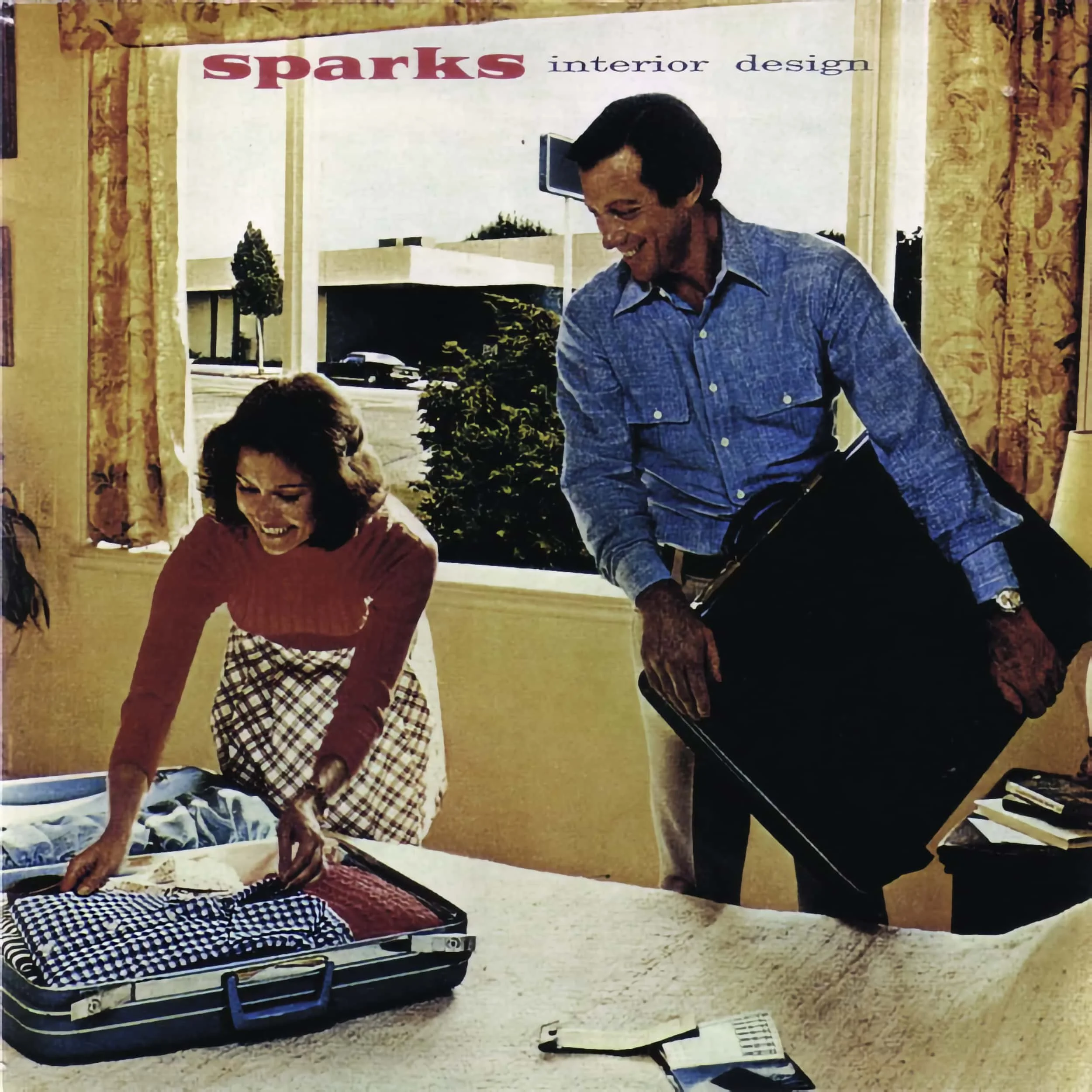While most Michael Jackson fans are busy listening to The King Of Pop’s most renowned albums, Off The Wall, Thriller, Bad, and Dangerous, I find great pleasure in listening to his debut solo release, from 1972, Got To Be There, for it’s an exceptional album and, in the context of his continued evolution towards superstardom, has become somewhat of an underrated and forgotten release.
Yes, everyone is aware of Jackson’s earlier recordings, particularly as the frontman of the Jackson 5, but this solo outing is a world-class record with a collection of 10 timeless tunes. In fact, from start to finish, Got To Be There is flawless. The production, songwriting, and artistry are exactly what one would expect from Motown during the era. Granted, there are cover songs, but they, too, are expertly interpreted. Still, it’s Jackson’s impressive vocal delivery that makes this timeless album a hidden gem, because he was no longer sharing the limelight with his brothers. While Jackson was only thirteen at the time of recording, there’s a level of maturity that simply couldn’t be expressed adequately in the Jackson 5 and would, arguably, not appear again until the transition from Motown to Epic Records and The Jacksons’ story began.
While most certainly ensconced in the sonic styling of the era, the Lossless Apple Music stream, an Apple Digital Master, is simply exquisite. As much as I value my 2009 vinyl reissue, and its near-perfect replica of the original release, the stream is the perfect digital counterpart and is so good that if I didn’t own the vinyl release, I’d be more than content with the streaming version. In fact, the stream is so lush that it sounds more analogue than the vinyl reissue. That, in part, is likely due to it being a different mastering, most likely from a digital intermediary, but where the record sounds a little sharp and clinical, the stream is laidback and crankable. One may assume it’s a small variance, but when listening back-to-back, it’s a considerable difference and one that leans my preference towards the 2013 digital remaster as heard via Apple Music.
Ain't No Sunshine is the perfect album opener and a stunning soul-based cover of Bill Wither’s original (from 1971). While Jackson’s rendition may have a slight increase in tempo, it suits his vocal capabilities while staying true to the original masterpiece. Yes, the original is better, but when you factor in that Jackson was only thirteen when his version was recorded, well, it’s a stunning musical achievement by any standard. Additionally, the instrumental performances and overall mix are absolutely incredible, and the individual players deserve far more praise than they’ve ever received, particularly on these legacy releases where a house band was a common thing.
I Wanna Be Where You Are is thoroughly enjoyable. The mid-tempo rhythm works well with Jackson’s youthful vocals, but it’s the Motown spit and polish that is so compelling. That doesn’t take anything away from Jackson’s natural charisma, but if we’re being completely honest, Berry Gordy and the team at Motown played a core role in Jackson becoming the King of Pop.
Girl Don't Take Your Love From Me is a beautiful ballad. The minimal arrangement results in Jackson’s vocals being prominent within the mix, and is the first song on the album to truly showcase Jackson’s impressive vocal range.
In Our Small Way flows seamlessly with a relaxed soul styling that, again, highlights Jackson’s vocal capabilities, amidst a lovely musical backing. As you listen, you’ll likely find yourself singing along, for the recording’s melody, sincerity, and warmth are addictively catchy.
Got To Be There, aside from being the title track, is Jackson’s debut solo single and rose to the top of the charts. While it had a radio-friendly sound, and is thoroughly enjoyable, I wouldn’t consider it the best song from the record. The one thing that puts me off is the distortion in Jackson’s vocals, particularly in the high notes. Granted, it’s a recording technique, and it clearly worked considering how successful the song was, but a chosen vocal style can, at times, be detrimental to an otherwise excellent song.
Rockin' Robin may be a novelty tune at its core, but there’s something special about Jackson’s rendition that defies explanation, for as much as it is cringeworthy, it’s simultaneously a guilty pleasure. Sometimes all you need is an infectious groove, one that will make you smile, for there are times when we all take life too seriously, and toe-tapping and head-bopping to a fun track can be exactly what the doctor ordered.
Wings Of My Love shifts the tempo back in line with much of the album’s, and the era’s, musical styling, and it offers not only a nice respite following the upbeat “Rockin' Robin” but is a hidden gem as many of Michael Jackson’s best songs, are not his high-tempo numbers as his impressive vocal, even at such a young age, was his greatest asset.
Maria (You Were The Only One) steps the tempo up a notch, and when combined with lush harmonies, a highly appealing melody, and some masterful musicianship, “Maria (You Were The Only One)” ends up being one of the best songs from the record and is deserving of much more attention than it receives.
Love Is Here And Now You're Gone is a cover of The Supremes’ classic (from 1967), but Jackson’s performance is so strong that it makes The Supremes’ recording sound like a demo. Jackson’s vocal presentation is stronger, but it’s the entire arrangement on this recording that makes it much more appealing and refined, thereby making it the standard that all other covers of this track should be measured by.
You've Got A Friend is a beautiful song and an ideal closing track, but as strong as Jackson’s rendition is, Carole King’s original (from 1971) is incomparable.
Yes, Michael Jackson’s future solo albums, particularly from Off The Wall onwards, are some of the very best releases in all of recorded music history, but Got To Be There has the same passionate performances as his more popular works and is worthy of inclusion in every music lover’s collection, for the mix of well-known covers and compelling originals makes this a thoroughly engaging and memorable listen.
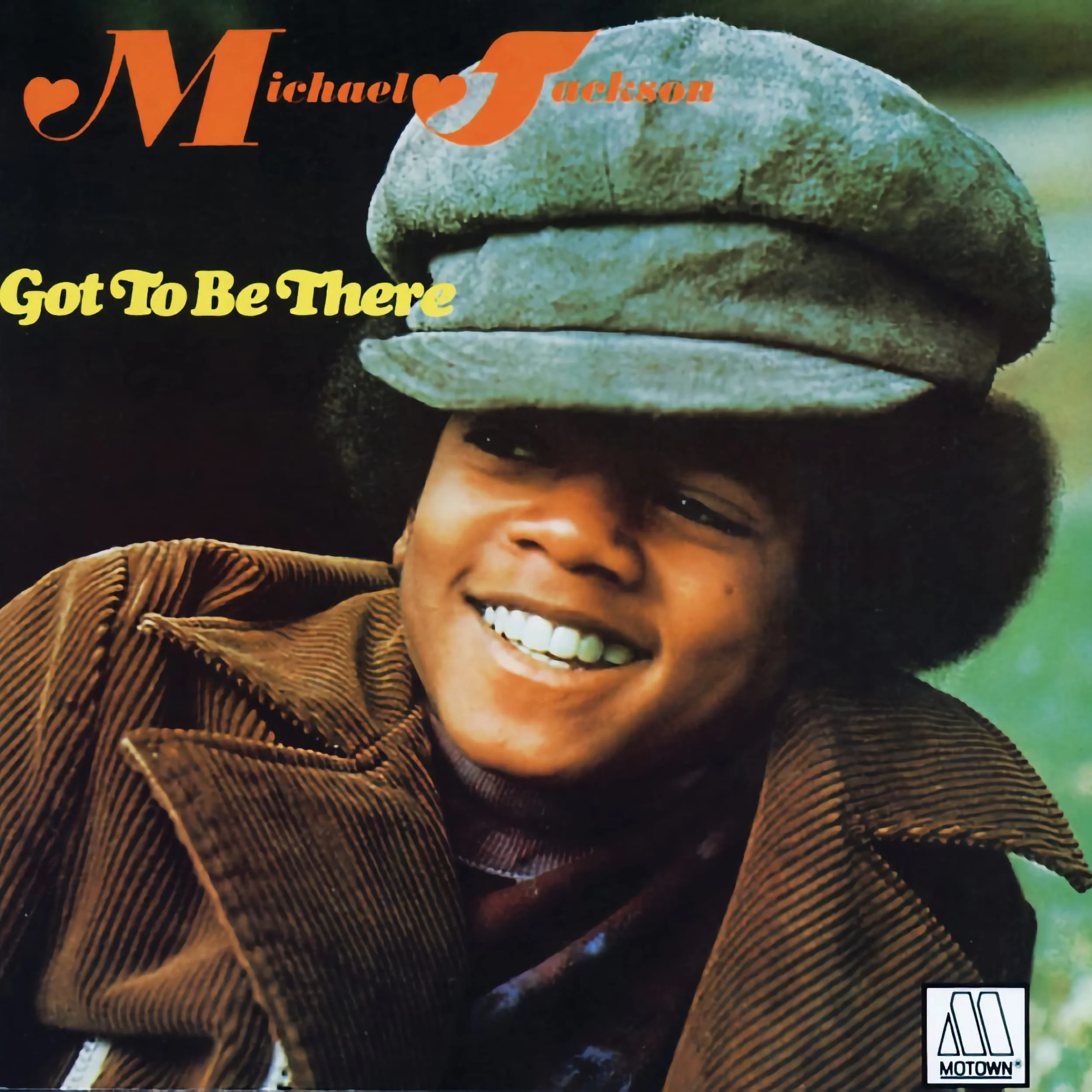
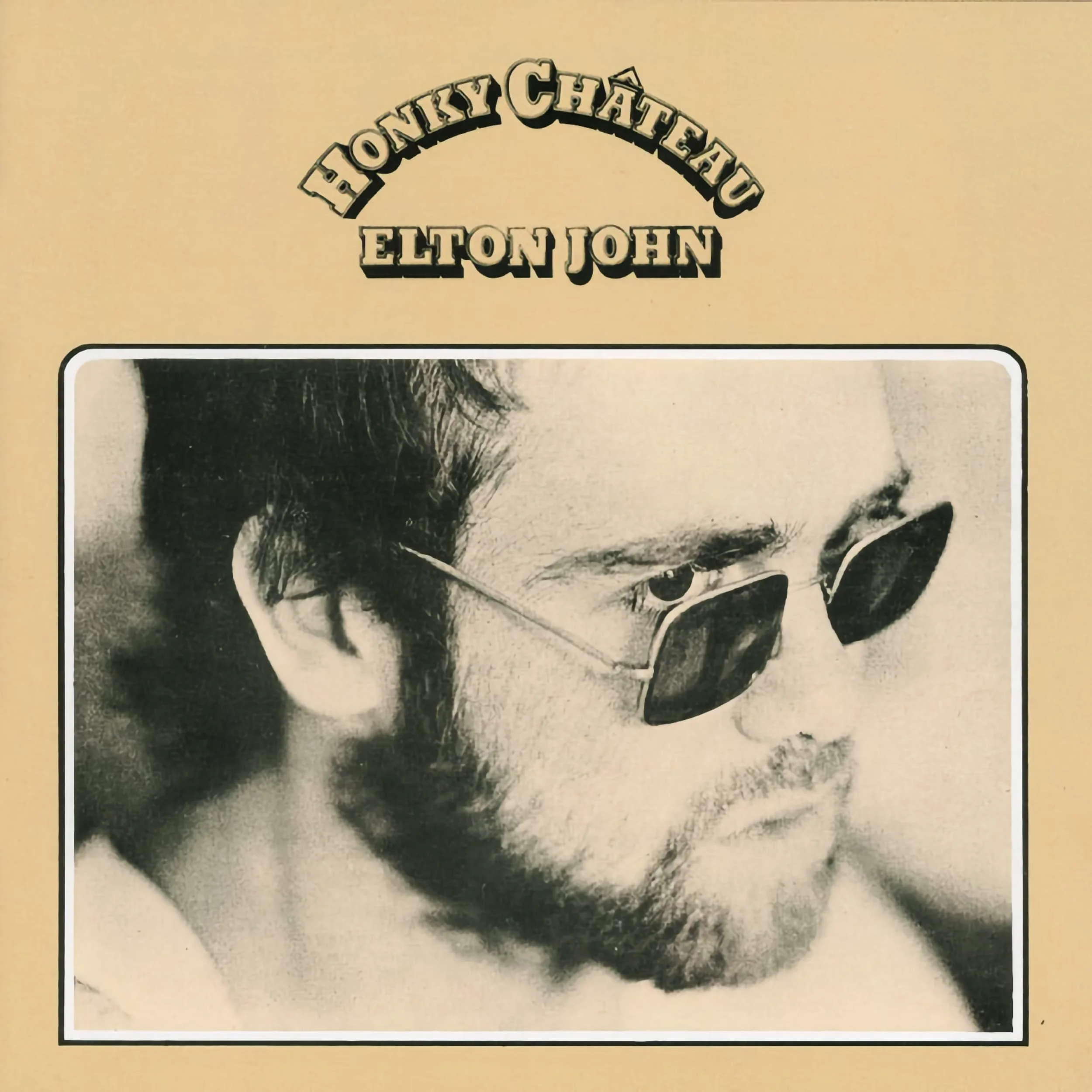
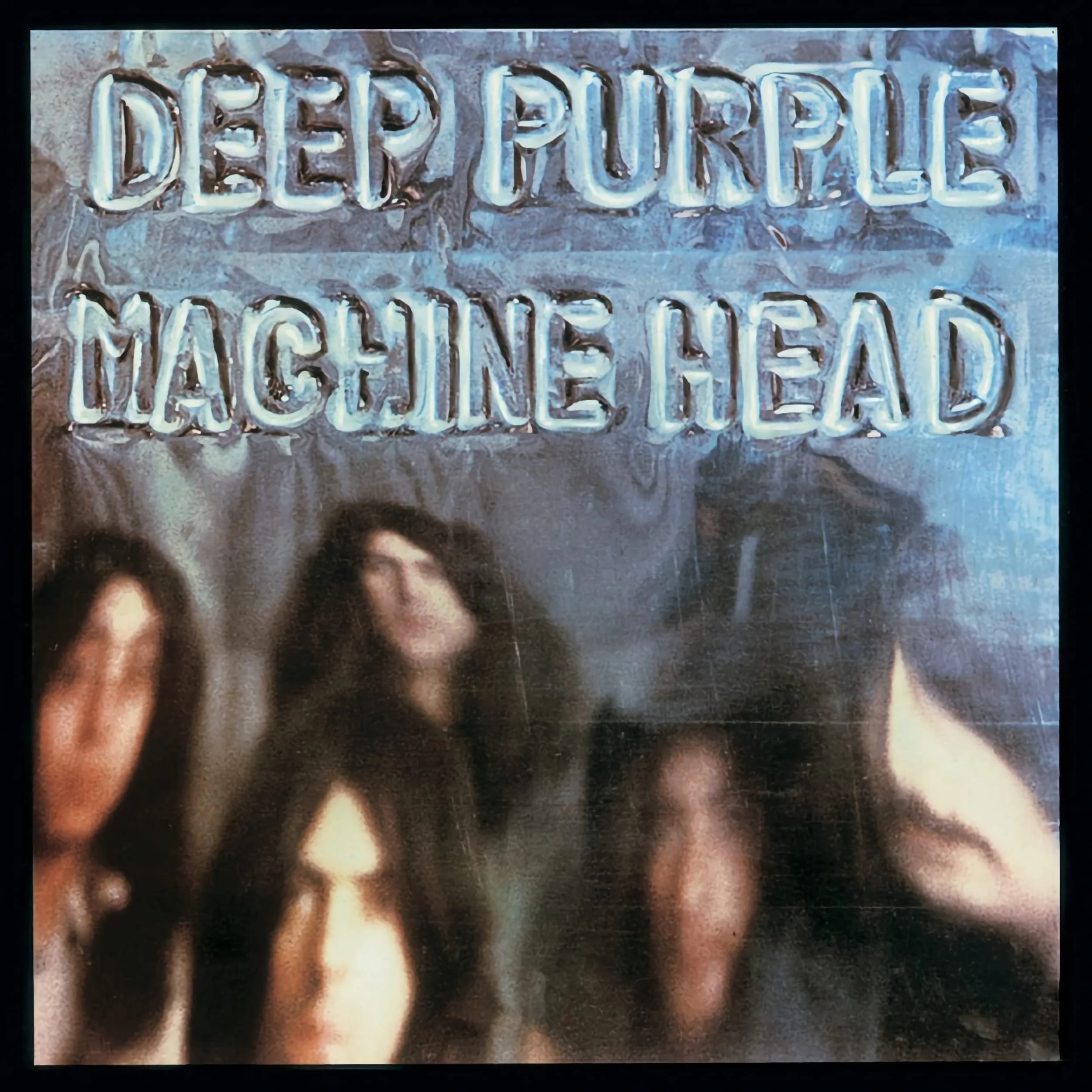
![Cymande – Cymande (Self-Titled) [Album Review]](https://images.squarespace-cdn.com/content/v1/565c1ab5e4b05079e4bfa169/1769492761645-DQT7FNXW75ASJSTNN9T2/Cymande+Self-Titled+Album+Cover.jpg)
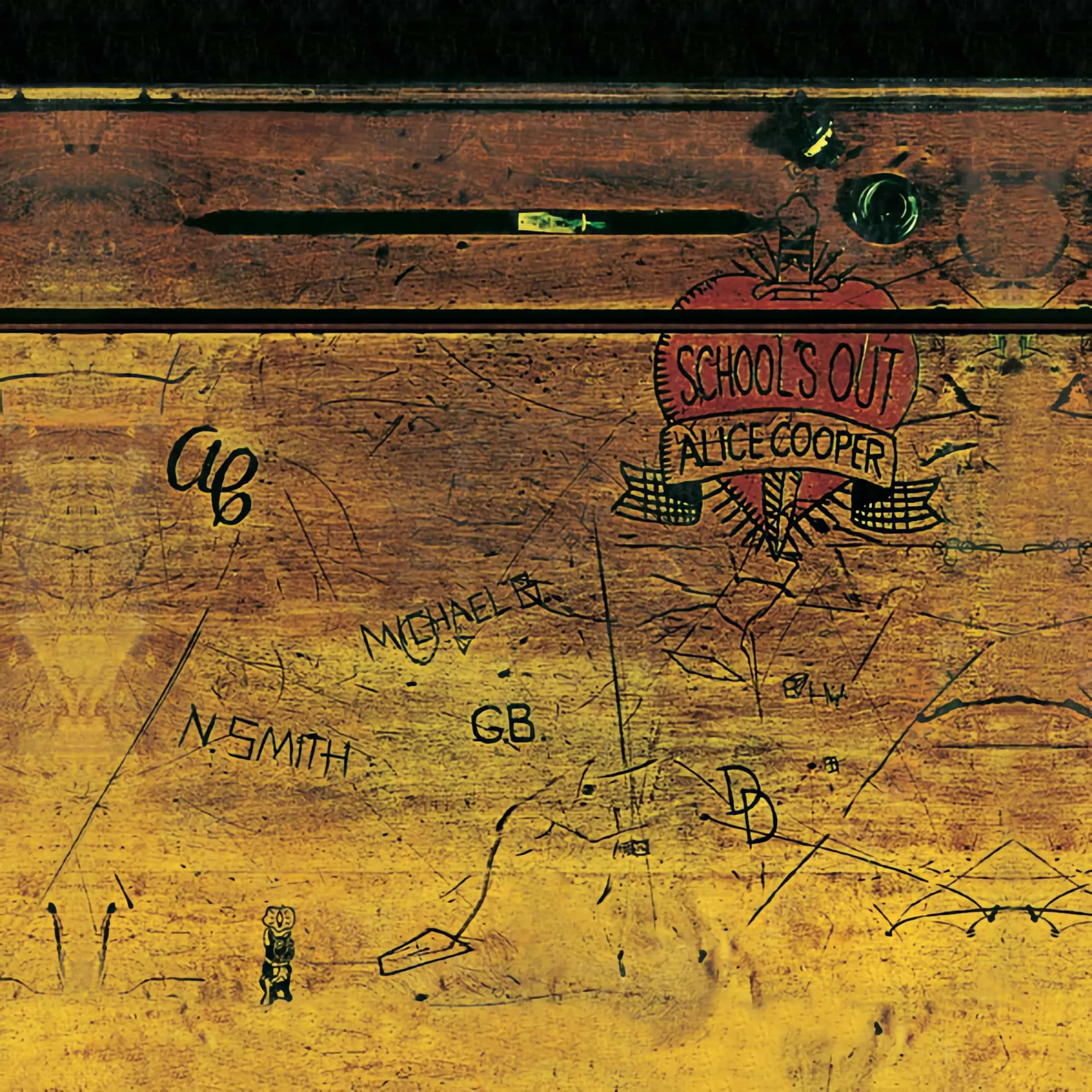
![Tracy Chapman – Tracy Chapman (Self-Titled) [Album Review]](https://images.squarespace-cdn.com/content/v1/565c1ab5e4b05079e4bfa169/1765432913697-BGIWWGAKWIV2V4SWFYUE/Tracy+Chapman+Self-Titled+Album+Cover.jpg)
